KAMPALA LAUNCHES CLIMATE CHANGE RISK, VULNERABILITY ASSESSMENT FRAMEWORK
PUBLISHED — 27th, August 2025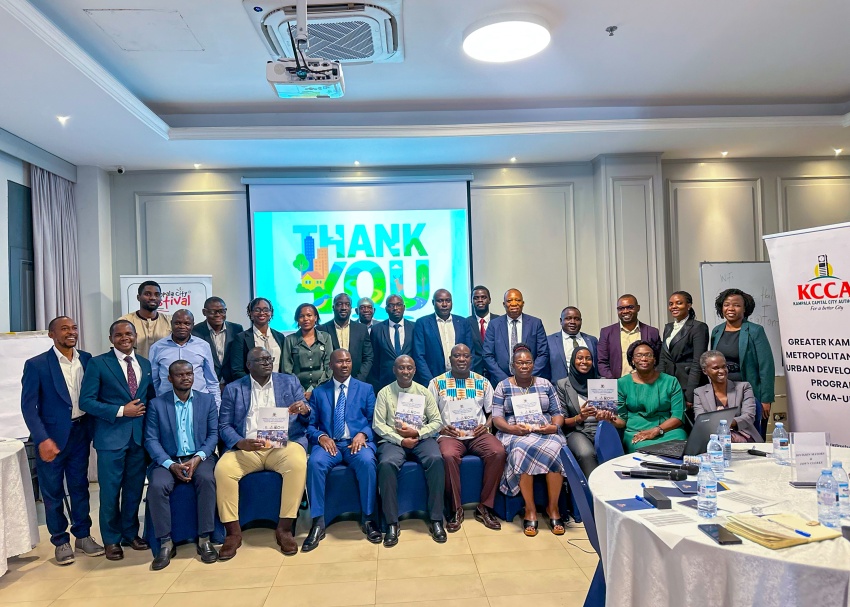
Kampala Capital City Authority (KCCA) has taken a major step toward climate resilience with the launch of the Climate Change Risk and Vulnerability Assessment (CCVA) Framework report, a tool designed to guide evidence-based adaptation planning for Uganda’s capital.
The dissemination workshop, held Wednesday at Fontis Residence Hotel, brought together consultants, city leaders, and development partners to review the CCVA Framework developed by NACOPART, alongside the updated multi-hazard risk and vulnerability profile and Kampala City Emergency Response Plan prepared by ENVIROSPATIO.
The CCVA identifies flooding as one of Kampala’s most pressing risks. Central Division has the highest number of flood-prone villages at 45, followed by Kawempe with 36, Nakawa with 28, Rubaga with 24, and Makindye with 20. Informal settlements are highlighted as particularly vulnerable, with 13.8 percent of households living in structures without proper drainage and nearly 40 percent of residents lacking infrastructure and resources to adapt.
KCCA Executive Director Hajjat Sharifah Buzeki said the findings will be instrumental in shaping the city’s climate strategy.

“This report is essential to us. It helps us strengthen resilience and adapt. In the recent past, we have faced various hazards and have been firefighting because we lacked such a framework. Now we have a structured methodology that will inform our planning, budgeting, and targeted interventions,” Buzeki said.
Funded by the World Bank through the Greater Kampala Metropolitan Area Urban Development Program (GKMA-UDP), the study examined climate risks across key sectors including health, infrastructure, water, energy, and urban livelihoods.
“We are committed to mainstreaming climate resilience into every aspect of our work,” ED Buzeki affirmed. “The insights from this report will guide not only adaptation planning but also our engagement with communities, civil society, and the private sector.”
It recommends upgrading and expanding drainage systems, enforcing wetland and building regulations, promoting urban greening, and adopting climate-sensitive building designs to combat urban heat.
The report also calls for expanded rainwater harvesting, diversification of water sources beyond Lake Victoria, support for climate-resilient enterprises through training and financing, stronger public health systems, operationalization of Divisional Disaster Risk Management Committees, and increased climate awareness among communities, especially women, youth, and marginalized groups.
Lord Mayor Erias Lukwago stressed that the report should not remain on the shelf. “This should not be business as usual. We must achieve the targets and objectives of these frameworks. This report is more than a technical exercise it is a strategic tool that empowers local authorities to understand climate risks and act decisively,” he said, commending the Executive Director and her team for spearheading the initiative.
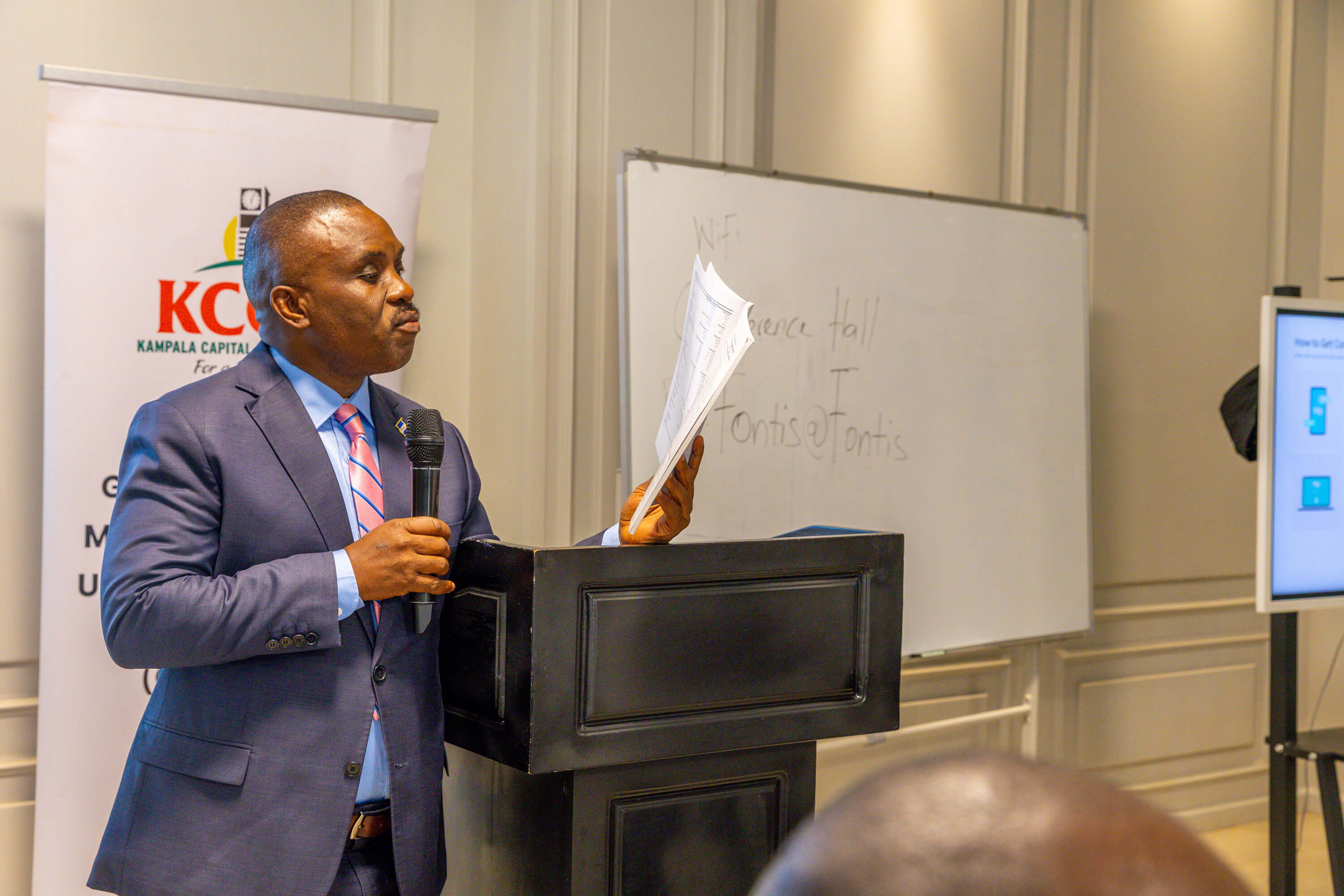
Presenting the report, Saul Daniel Ddumba, team leader at NACOPART, underscored the urgency of implementation. “Kampala must prioritize sustainable drainage solutions, enforce environmental regulations, and invest in climate-sensitive urban design if we are to reduce vulnerability,” he said.
With climate change increasingly disrupting urban life through extreme weather events, flooding, and public health risks, KCCA has pledged to integrate climate risk management into all its operations. The authority has set up a dedicated risk management unit to ensure the CCVA framework translates into action.
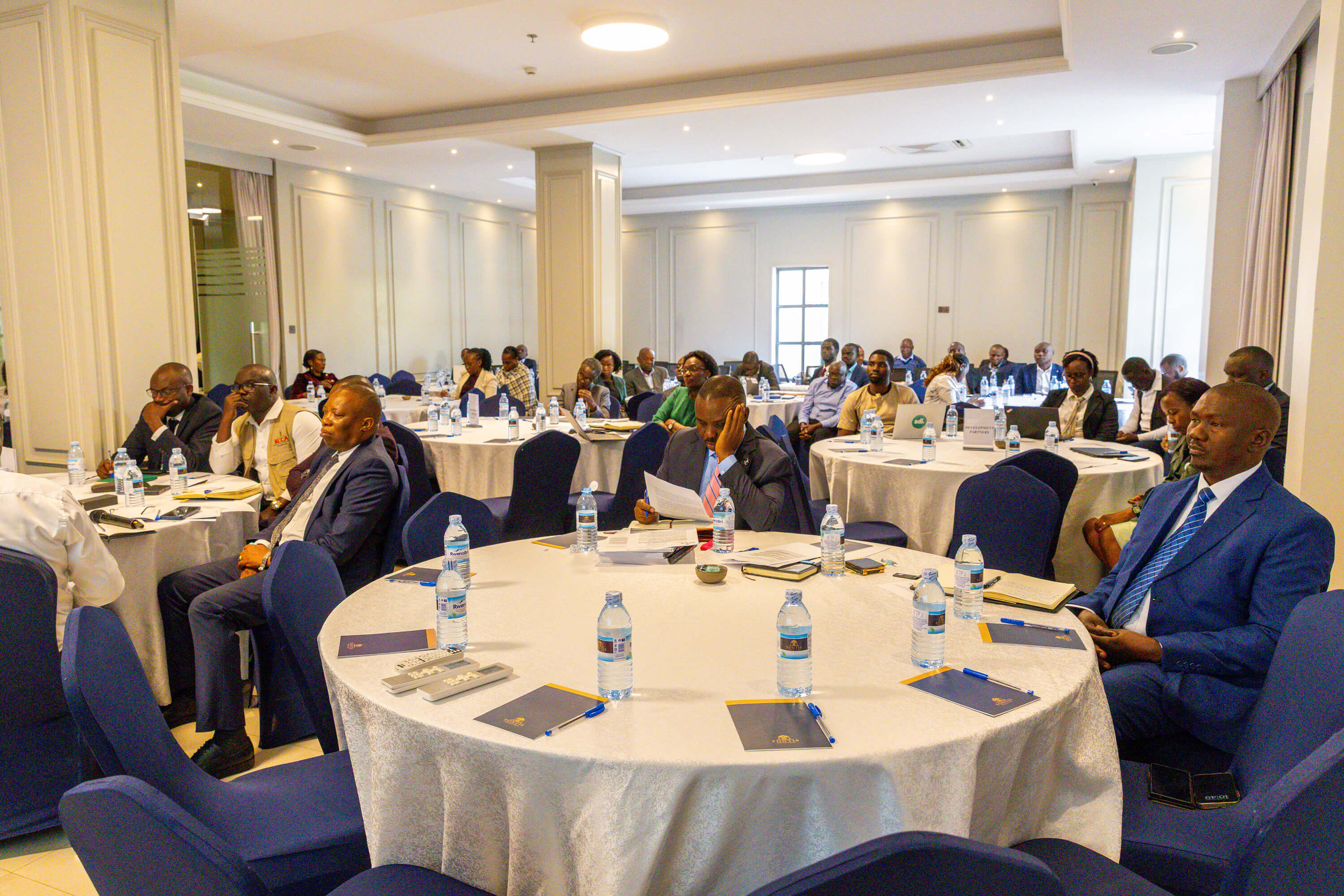
Access the KCCA emergency response plan HERE
News & Announcements
27th, January 2026
24th, January 2026
23rd, January 2026
22nd, January 2026
21st, January 2026
20th, January 2026
7th, January 2026
7th, January 2026
6th, January 2026
5th, January 2026



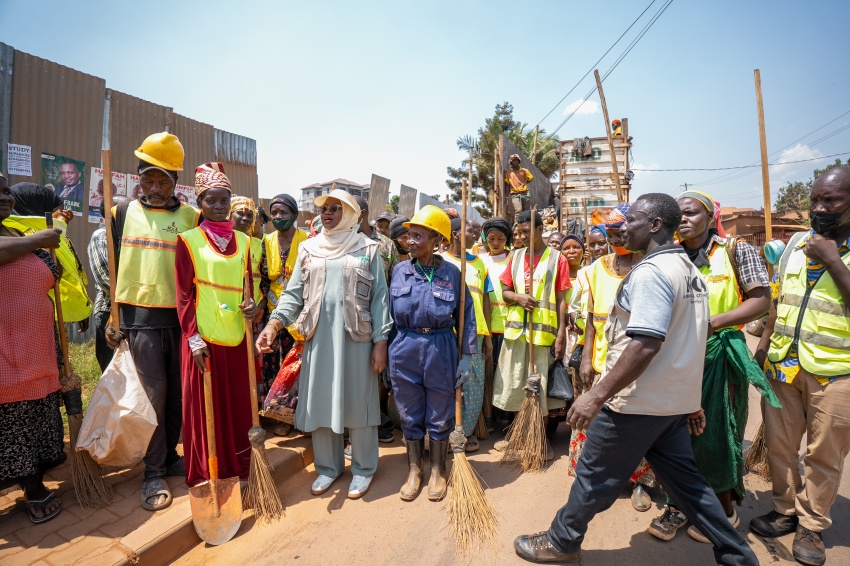
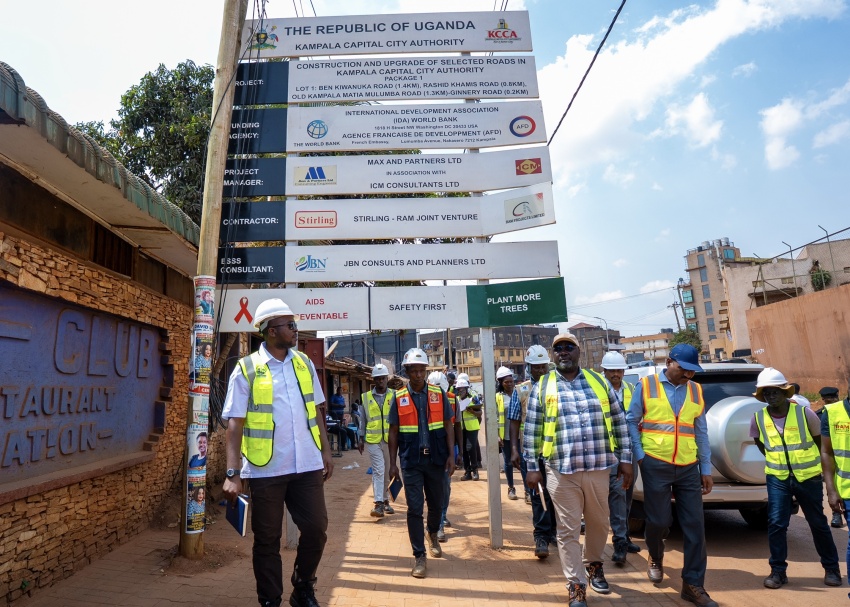
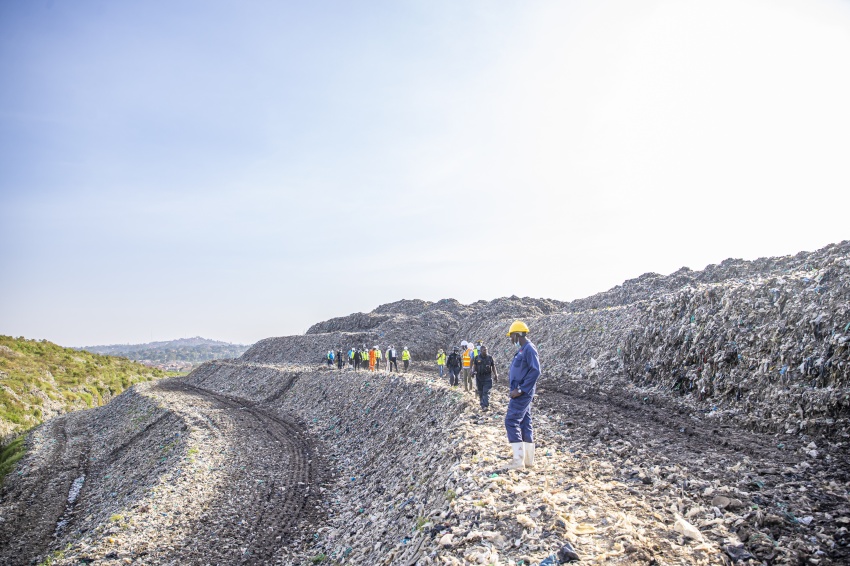
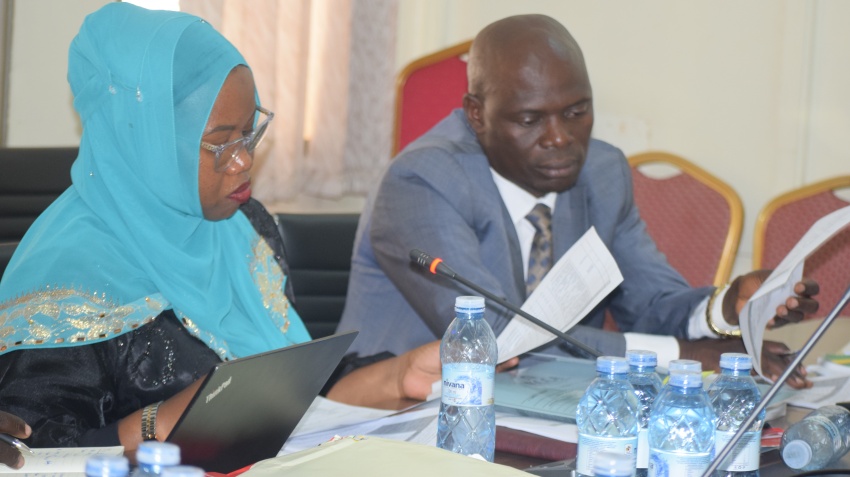













Development partners